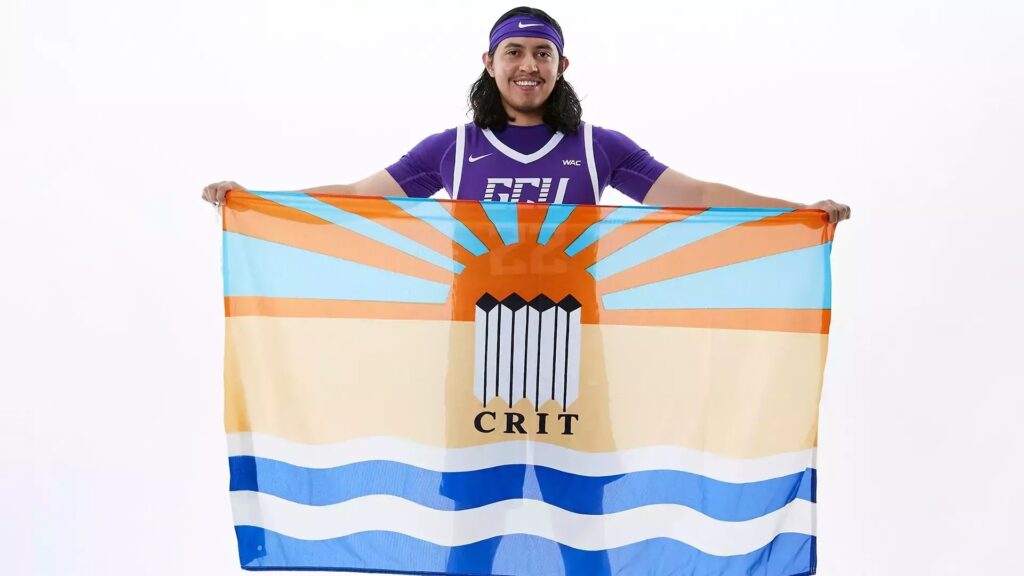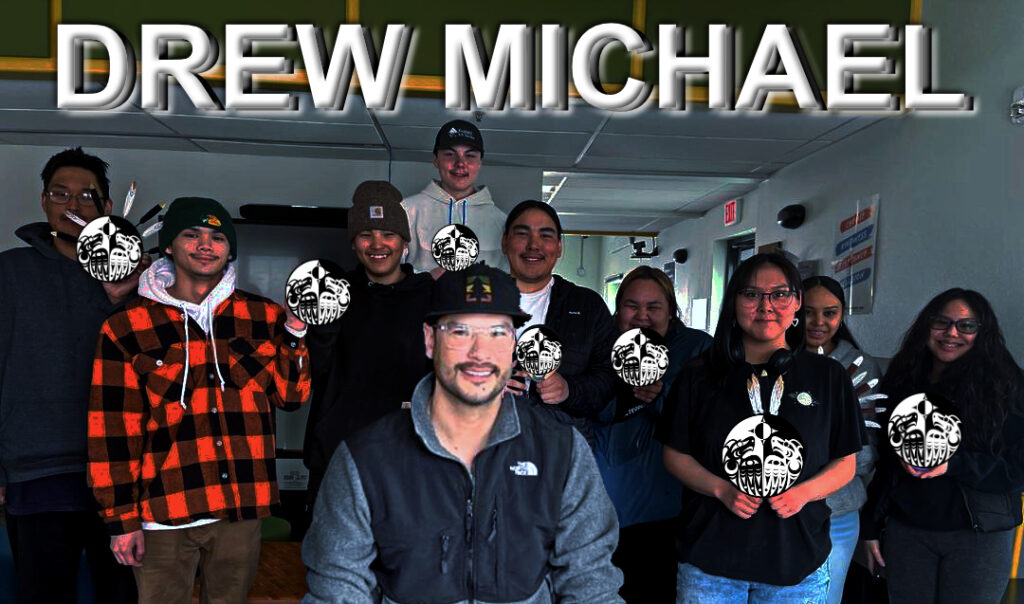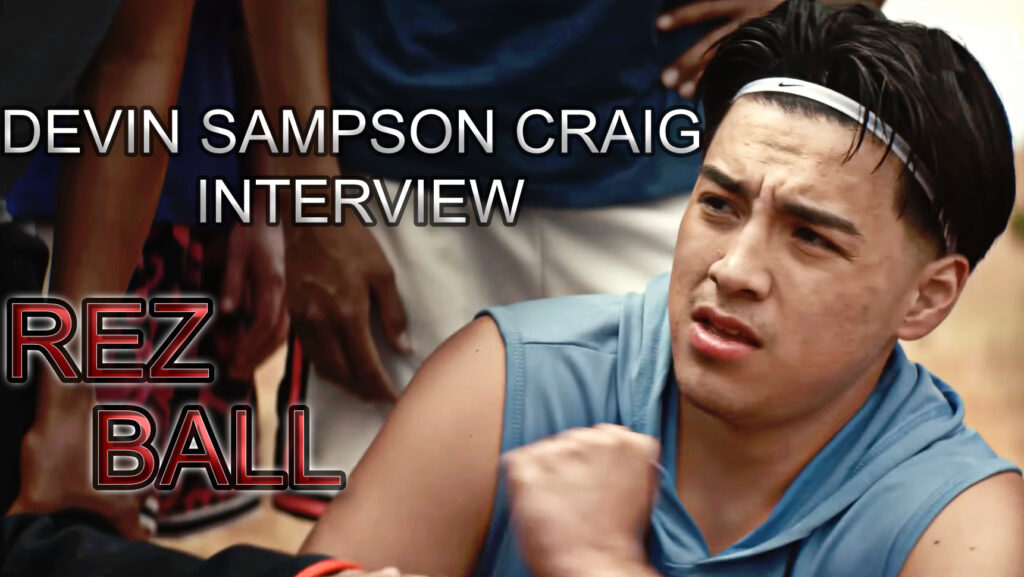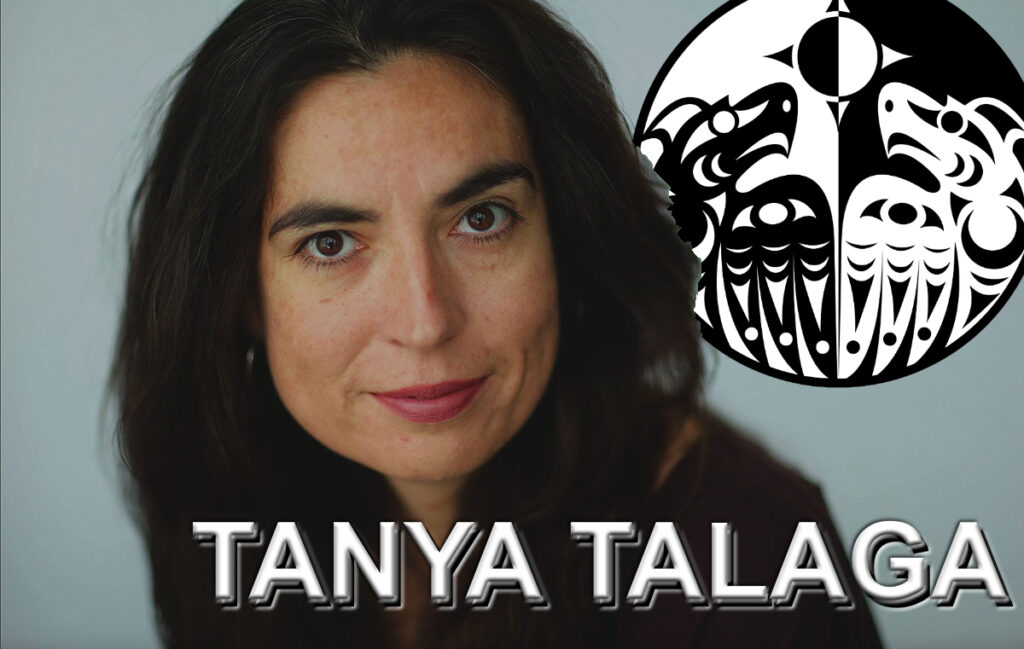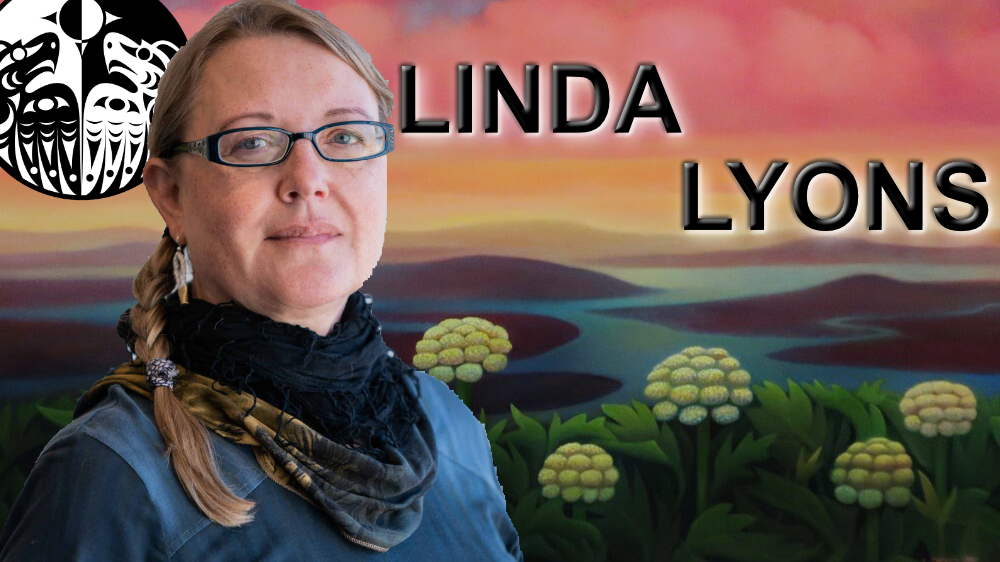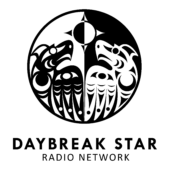Pouhana O Nā Wāhine on MMIP Crisis | Honoring Haumea Event
Written by daybreak on June 5, 2025
Pouhana O Nā Wāhine: Pillars of Protection
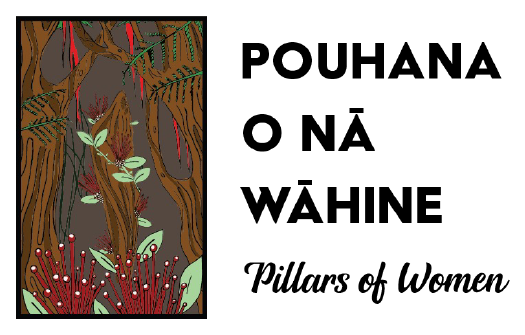
Honoring Haumea is a webinar hosted by Pouhana O Nā Wāhine, which aims to educate Kanaka ʻŌiwi (Native Hawaiian) and Indigenous communities on the ongoing MMIP (Missing and Murdered Indigeous People) crisis.
Pouhana O Nā Wāhine is a grassroots 501(c)(3) nonprofit founded several years ago by a group of Kanaka ʻŌiwi wāhine from various islands.
Their work began in Mānoa Valley, addressing gender-based and domestic violence against Native Hawaiian women, girls, and māhū.
O ka lā ʻehiku o Mei, May 5th, is honored as the National Day of Awareness for Missing and Murdered Indigenous People, including women, children, and MVPFAFF/2SLGBTQIA+ relatives.
Although this day marks an important moment for awareness and education, it is crucial that this reality be consciously and continuously addressed.
The Role of Pouhana O Nā Wāhine
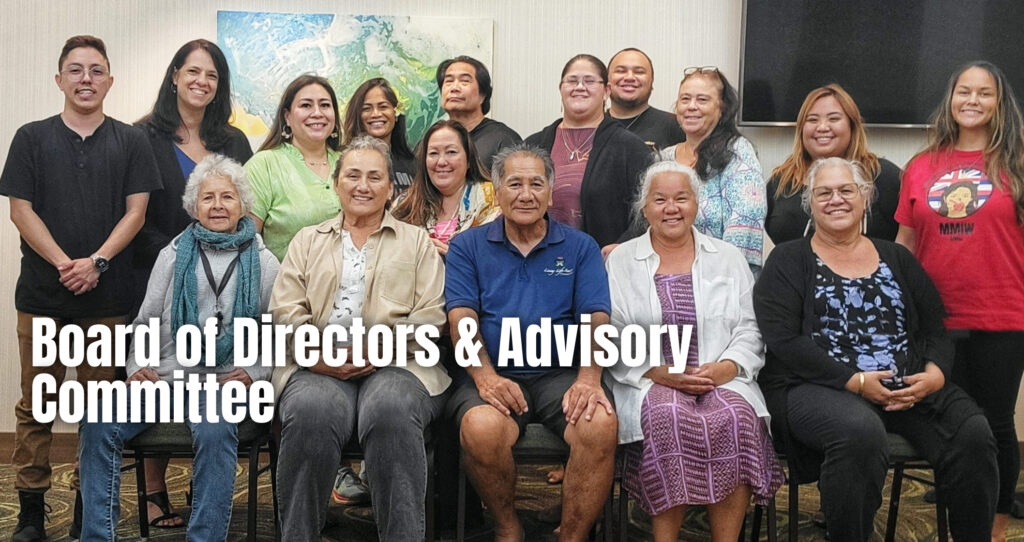
Organizations like Pouhana O Nā Wāhine are at the forefront of addressing MMNHWGM through Indigenous-led initiatives. Grounded in ʻike kupuna, they provide culturally rooted solutions to gender-based violence and displacement.
In the beginning of this organization, Aunty Nani Fay Paglinawan gifted them the name Pouhana O Nā Wāhine. This name roots their foundational role as protectors of the hale (home).
Recently, in September 2022, Pouhana O Nā Wāhine became the first Native Hawaiian Domestic Violence Resource Center, supported by the FVSPA grant.
Their mission is rooted in ending violence against Kānaka ʻŌiwi by drawing upon ancestral ways of knowing and being.
Haumea: Ancestral Knowledge as a Pathway to Healing
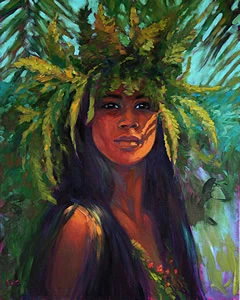
Building Solidarity Across Indigenous Communities
Who is Haumea? Haumea is an akua (a diety, elemental form) who is, in essence, an embodiment of creation and possibility.
They are the parent of many akua, such as Pelehonuamea and Hiʻiakaikapoliopele.
However, over time, Haumea has been misrepresented and dismembered, just like Hawaiʻi and Kānaka ʻŌiwi alike, especially our māhū, wahine, and keiki (children).
Through remembering Haumea, in all their compassionate strength and ferocity, we can begin to dismantle colonial frameworks that endanger our communities.
The MMNHWGM crisis shares parallels with the MMIP (Missing and Murdered Indigenous People) epidemic on Turtle Island. By building coalitions across Indigenous communities, we can amplify voices, share resources, and strengthen efforts to combat shared challenges.
Addressing the Gaps: Where Do We Go From Here?
We need to address the systemic issues fueling displacement and violence through transformative policy changes. This includes: increasing funding for survivor resources, affordable housing, healthcare, and implementing Indigenous led, culturally grounded educational and health services.
Moreover, this webinar illuminates how cultural practices such as ʻŌlelo Hawaiʻi oli, hula, and moʻolelo can provide pathways to ea (breath, life, sovereignty). These practices reconnect us to a sense of hope and life to sustain communities while repairing harm.
Importantly, there is a pressing need for data collection that centers Native Hawaiian experiences, especially our māhū relatives, who do not fit neatly into the gender binary. Research on MVPFAFF/2SLGBTQIA+ is often absent or incomplete. These critical gaps in understanding need to be bridged in order to effectively address this crisis.
In addition, there is a lack of data on how the ongoing COVID-19 pandemic affects Kānaka ʻŌiwi, who already have the highest rates of health disparities and lack of access to healthcare.
We need accurate information to holistically address injustice in our communities. When addressed, we can better nourish and protect each other.
Pathways of Ea and Aloha ʻĀina
In conclusion, Honoring Haumea is a kāhea, a call to action. It is a reminder of interconnectedness and the power of onipaʻa (steadfastness). Grounding in ʻike kūpuna helps the address the systemic causes of displacement. With this foundation, we can move toward pono (equity, justice) and aloha ʻāina (love of the land).
When the most marginalized in our communities are centered, we can more fully embody our kuleana (responsibilities and privileges). Through our Native languages and cultural values, our ea can return.
Mahalo nui loa to Pouhana O Nā Wāhine for their sustained efforts to address these issues and build solidarity across Indigenous lands.
Visit this resource by Pouhana Nā Wahine for slides with statistics on MMIP in Hawaiʻi.
Also, check out Holoi a Nalo o Wāhine Hawaiʻi: Missing and Murdered Native Hawaiian Women and Girls Task Force Report.

